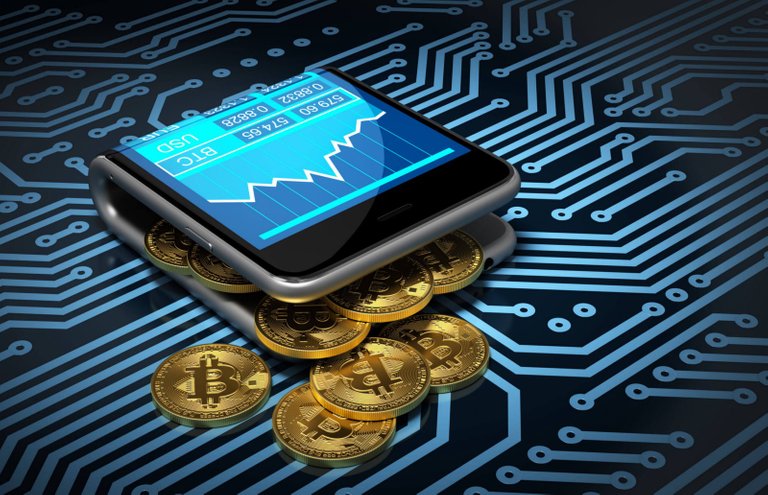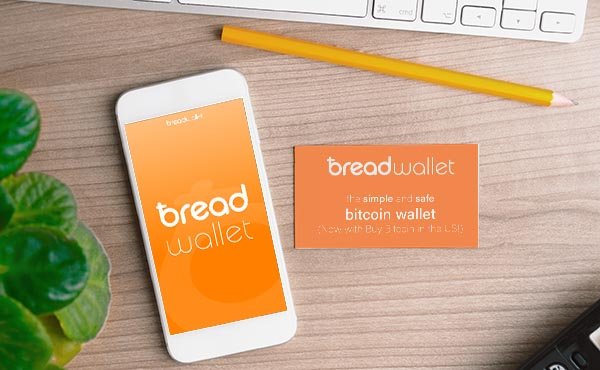
There are several types of wallets that provide different ways to store and access your digital currency. Wallets can be broken down into three distinct categories – software, hardware, and paper. Software wallets can be a desktop, mobile or online.
Desktop: wallets are downloaded and installed on a PC or laptop. They are only accessible from the single computer in which they are downloaded. Desktop wallets offer one of the highest levels of security however if your computer is hacked or gets a virus there is the possibility that you may lose all your funds.
Online: wallets run on the cloud and are accessible from any computing device in any location. While they are more convenient to access, online wallets store your private keys online and are controlled by a third party which makes them more vulnerable to hacking attacks and theft.
Mobile: wallets run on an app on your phone and are useful because they can be used anywhere including retail stores. Mobile wallets are usually much smaller and simpler than desktop wallets because of the limited space available on a mobile.
Hardware: wallets differ from software wallets in that they store a user’s private keys on a hardware device like a USB. Although hardware wallets make transactions online, they are stored offline which delivers increased security. Hardware wallets can be compatible with several web interfaces and can support different currencies; it just depends on which one you decide to use. What’s more, making a transaction is easy. Users simply plug in their device to any internet enabled computer or device, enter a pin, send currency and confirm. Hardware wallets make it possible to easily transact while also keeping your money offline and away from danger.
Paper: wallets are easy to use and provide a very high level of security. While the term paper wallet can simply refer to a physical copy or printout of your public and private keys, it can also refer to a piece of software that is used to securely generate a pair of keys which are then printed. Using a paper wallet is relatively straightforward. Transferring Bitcoin or any other currency to your paper wallet is accomplished by the transfer of funds from your software wallet to the public address shown on your paper wallet. Alternatively, if you want to withdraw or spend currency, all you need to do is transfer funds from your paper wallet to your software wallet. This process, often referred to as ‘sweeping,’ can either be done manually by entering your private keys or by scanning the QR code on the paper wallet.
Now the first one is
- BREAD WALLET

PROS:GOOD PRIVACY & SECURITY,BEGINNER FRIENDLY,
SIMPLE AND CLEAN,OPEN SORCE AND FREE
CONS: NO WEB OR DESTOP INTERFACE, WALLECKS FEATURES,
HOT WALLET
2.MYCELLIUM WALLET

PROS: GOOD PRIVACY, ADVANCED SECURITY,FEATURE
RICH,OPEN SORCE, FREE
CONS: NO WEB OR DESTOP INTERFERENCE,HOT
WALLET,NOT FOR BEGINNERS.
3.JAXX WALLET

PROS:GOOD PRIVACY AND SECURITY,MUTI CURRENCY,
WALLET LINKING ACROSS VARIOUS PLATFORMS,GREAT USER SUPPORT
FEATURE RICH USER FRENDLY,FREE
CONS:CODE IS NOT OPEN SORCE,CAN BE SLOW TO LOAD.
- TREZOR WALLET

PROS: GOOD PRIVACY, ADVANCED SECURITY,FEATURE
RICH,OPEN SORCE, FREE
CONS: COSTS 99 DOLLARS,HARDWARE WALLET
5.LENDER NANO WALLET

PROS: SCREEN/DEVICE PROTECTED,MULTI CURRENCY SUPPORT
3rd PARTY APPU2F SUPPORT
INEXPENSIVE 65 DOLLAR
CONS: NO ABILITY TO CREATE OR HIDE ACCOUNT
NO PASSWORD MANAGER
FROM ALL MY FAV... IS JAXX WHATS YOURS ???
COMMENT BELOW :)
✅ @binay6, I gave you an upvote on your post! Please give me a follow and I will give you a follow in return and possible future votes!
Thank you in advance!
Hi! I am a robot. I just upvoted you! I found similar content that readers might be interested in:
https://blockgeeks.com/guides/cryptocurrency-wallet-guide/
thanks and ok
Coins mentioned in post: